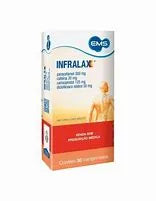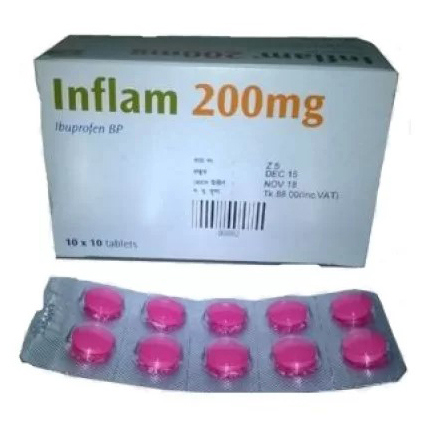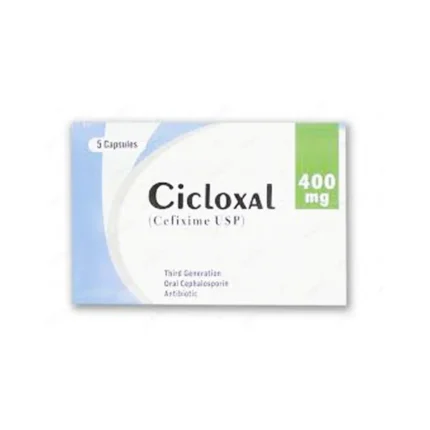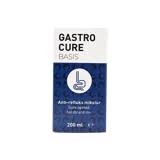Dosage Information
Adults: Typically 20mg once daily, taken orally with or without food; swallow whole with water. For acute pain (e.g., dysmenorrhea, migraine), 40mg on day 1, then 20mg daily for up to 7-10 days. For chronic arthritis, 20mg daily long-term. Not for children. Elderly or kidney/liver patients use lowest dose (10-20mg). Monitor for side effects; consult physician if used beyond 10 days or for adjustments.
Side Effects
- Very Common (>1 in 10): Gastrointestinal disturbances (nausea, abdominal pain, indigestion).
- Common (up to 1 in 10): Skin rash/reactions, edema (swelling), malaise, brain effects (dizziness, headache), tinnitus (ringing in ears).
- Rare: Severe bleeding, allergic reactions (hives, swelling), liver enzyme elevation.
Drug Interactions
Piroxicam may interact with:
- Other NSAIDs or aspirin: Increases bleeding/ulcer risk.
- Anticoagulants (e.g., warfarin): Enhances bleeding.
- Diuretics, ACE inhibitors, ARBs: Reduces kidney function or blood pressure control.
- Lithium, methotrexate: Increases toxicity.
- Corticosteroids: Heightens gastrointestinal complications.
Indications
Approved for managing pain and inflammation in:
- Osteoarthritis.
- Rheumatoid arthritis.
- Ankylosing spondylitis.
- Dysmenorrhea (menstrual cramps).
- Toothache.
- Migraine headache.
- Post-operative pain.
- Traumatic pain.
When Not to Use
Avoid in:
- Hypersensitivity to piroxicam, aspirin, or other NSAIDs.
- Active peptic ulcers or history of recurrent ulceration.
- Severe heart, liver, or kidney failure.
- Aspirin/anti-inflammatory induced allergy.
- Third trimester pregnancy.
- Phenylketonuria (due to beta-cyclodextrin).
Precautions
- Monitor for gastrointestinal bleeding; take with food to reduce stomach irritation.
- Use cautiously in elderly, heart failure, kidney/liver impairment, or asthma patients.
- Check weight weekly; report rapid gain or swelling.
- Avoid alcohol; increases ulcer risk.
- Buy from DRAP-registered pharmacies; check holograms to avoid counterfeits.
- Limit use to shortest duration to minimize risks.
Warnings
- Gastrointestinal risk: May cause bleeding, ulcers, or perforation; stop if blood in stool or severe pain occurs.
- Cardiovascular risk: Increases heart attack or stroke chance, especially in long-term use or heart patients.
- Kidney/liver damage: Monitor function tests, especially in hot climates or fasting.
- Pregnancy: Avoid in third trimester; consult physician for earlier use.
- Overdose: Nausea, vomiting, drowsiness need urgent care.
Additional Notes
- Pregnancy Category: Consult physician; category C early, D in third trimester due to fetal risks.
- Breastfeeding: Unknown effects; avoid or consult physician.
- Availability: Common in urban and rural pharmacies; generics like Brexin available.
- Stability: Stable at room temperature; discard expired tablets.
- Reporting: Log batch for side effects; report to DRAP for quality control.
Doctor Review
Dr. Yasir Mehmood, a rheumatologist in Lahore, notes Infladex’s fast-acting relief for arthritis and menstrual pain, suitable for Pakistan’s active workforce. DRAP data supports its enhanced absorption, but Dr. Mehmood advises short-term use and gastrointestinal monitoring to avoid ulcers, especially in spicy-diet regions.
Disclaimer
This is general product information, not a prescription or medical advice. Consult your doctor or pharmacist for personal guidance.








Reviews
There are no reviews yet.